3pisode 1
We open on an idyllic image of our heroine, JANG MIRI (Lee Da-hae).
It’s sometime in the undefined future, and two men think back on her
fondly, though their reminiscences carry a hint of foreboding in the way
they speak of her in the past tense, as though in memoriam.
The younger
man thinks, “I met her on one spring day. I knew it at first glance —
this woman with the eyes that resembled those of my long departed
mother. Her smiling face was beautiful.”
The older man
thinks, “I had grown weary of the world — and that woman taught me how
to live. She was like my heart. I loved her.”
Just as the younger man also thinks, “I truly loved her.” These men are our two leads; we’ll get to their intros in a bit.
Jumping back
in time to the here and now, we find Miri in Fukuoka’s red-light
district, Nakasu, working as a bar hostess and drinking with lecherous
men for money. The overbearing score hammers home her misery; Miri hates
the work but is basically indentured to her pimp/loan shark, Hirayama,
and bitterly longs to escape this life and return to Korea. Though it’s
her home country, she’d been adopted to Japan as a child; alas, her
adoptive father has sunk the family by squandering all his money on all
manner of vices. Miri’s on the hook for Dad’s debt before she’ll be let
go, a goal that seems a pretty improbable scenario at this juncture.
In Korea, managing director JANG MYUNG-HOON (Kim Seung-woo)
arrives in one of the suites at his Hotel A to address a problem. (Gah,
this drama’s music is all over the place, one moment heartbroken
tragedy, the next something out of a jaunty pastorale. It’s completely
distracting.)
In the room:
One hysterical woman screaming about “that bastard,” two empty room
service plates, shattered glass. We can do the math on that one.
Myung-hoon politely declines to interfere in guest matters and tells his
staff to do as she pleases, and to take care of her injuries from the
glass. But when her hysteria causes problems with her breathing,
Myung-hoon steps in to swiftly administer CPR — ’cause, wouldn’tcha
know, the hotel director also happens to have a medical background. (His
character description says that he graduated from medical school, but
due to his family’s dire financial straits, he opted to work in the
hotel industry instead. Yeah…I’m not so sure on the logic of that one,
but I guess it worked out for him.)
A pressing
concern lands on Myung-hoon’s desk, as reported by Director Kang of his
planning team: one of their key Japanese employees has quit and returned
to her homeland, leaving them in the lurch for the upcoming arrival of a
VIP, Nakamura. The employee was the liaison for the business tycoon, as
she speaks the distinctive Hakata dialect of the man’s native Fukuoka.
Her absence comes at a crucial time for Myung-hoon’s hotel, which is
trying to pull ahead of its rival, Mondo Resort.
We can all spot the setup coming a mile away, can’t we? But let’s see how we get there:
Back in
Fukuoka, Miri slips out of a seedy building with a long piece of rope,
which she prepares as a fuse. The end goes into a pile of (explosive?)
powder, and a lit cigarette provides the time-delayed spark.
With that,
she goes in to speak with pimp Hirayama, tossing him a pile of cash in
exchange for her loan papers and passport: her ticket to freedom. But
he’s not about to let her go so easily, and starts to force himself on
her. To buy herself some time, Miri offers to undress herself, all the
while silently begging the fuse to ignite soon.
(Another touching scene ruined by melodramatic music, ugh. I sort of want to shoot the music director.)
Just in the
nick of time, her homemade bomb goes off and provides the distraction
she needs to grab her documents and run. Hirayama runs through the
streets after her, but she’s able to gain enough of a head start to make
it safely to the train station, where a friend waits with her packed
bag.
Miri grabs
her luggage and makes it onboard with not a second to spare, as Hirayama
arrives at the station just moments too late to join her inside the
car. Through the window, he screams at her while she gives him what I
suspect will become her her trademark cry-smile.
Myung-hoon is discomfited at the appearance of a rival at Hotel A — LEE HWA (Choi Myung-gil)
is Mondo Resort’s vice president, who has been called by Myung-hoon’s
father-in-law, the president of this hotel. Myung-hoon and Lee Hwa act
as if they are barely acquainted, but there’s a tension in the air that
suggests otherwise.
She listens
with interest as Myung-hoon reports his efforts to find a replacement
liaison for Nakamura’s visit, smirking when President Lee suggests that
he consider using one of Mondo’s employees. She presents the offer
politely, but Myung-hoon understands the threat when she says she
already has an employee who has taken care of Nakamura on previous
visits.
They have a
polite clash of words over their opinions of how hotels should be run,
and Myung-hoon assures his father-in-law that he’s on top of the
situation. Although they’re looking for a female liaison, in a
worst-case scenario he’s prepared to attend to Nakamura personally,
although that raises other concerns for the president, who points out
that complications can accompany the upgrading of their service from
VVIP (very very important person) to RVIP (royal very important person).
The redundancy of this nomenclature apparently eludes them all.
While on her
train ride away from hell, Miri sees a girl wearing a necklace that
flashes her back to a similar one from her own childhood. We see that as
a child, she’d been abandoned by her mother, who had ignored her
begging and crying and walked out on the family. Not long after, her
father had died, and she had been sent to live at an orphanage.
There was one
girl who’d made friendly overtures, but she’d rebuffed them, saying
fiercely, “I still have a mother. I’m not an orphan.” Some other girls
at school had picked on her and made snide comments about her being an
orphan, and she’d slapped the ringleader out of anger — just as a
teacher had walked in and told her, “This is why people insult you for
being an orphan!” Uh, are you sure it’s not ’cause they’re assholes?
Miri had been
punished for her outburst, crying for her mother throughout it.
(Seriously, every time the PIANO OF TRAGEDY plays, I want to laugh
instead of cry. It’s a little ridiculous.)
Present-day
Miri wakes up crying from the memory, and finds that her plane has
landed. On the one hand, she’s here in Korea at long last, but on the
other, the customs officer looks at her papers suspiciously and says
pointedly that she’d better not have any ideas of staying in Korea
illegally without a visa. She’s only allowed to stay for a short time as
a visitor, after which point she’ll be breaking the law.
So when she makes her way outside the terminal, she stands there lost, with nowhere to go.
Meanwhile, there’s our other leading man, SONG YOO-HYUN (Park Yoo-chun),
who is also known by his Japanese name Yutaka. Right off the bat we see
evidence of his warm, caring personality as he lands in Seoul and helps
a fellow traveler — he’s friendly! he’s good with kids! — and then
heads straight to his gosiwon.
(A gosiwon is
a boardinghouse often inhabited by students. They’re respectable
establishments, but because of their cheap rent and bare-bones
facilities, it isn’t the most comfortable arrangement.)
It’s
therefore curious that Yoo-hyun would opt to bunk here, since he also
happens to be the heir to Mondo Resort. He’s chosen to live in ordinary
surroundings to learn more of the world outside his chaebol bubble, and
seems to consider this grand experiment both enlightening and fun. (It’s
a well-meaning sentiment, but also a luxury that can be enjoyed only by
the privileged.) Yoo-hyun checks in with his mother and promises to
visit his father in the hospital soon.
Miri arrives
at the gosiwon to take a room, and is following the manager when
Yoo-hyun bursts out of his room and bumps into her, knocking her into a
tray holding someone’s leftover ramen.
At once
apologetic — and instantly smitten, to boot — Yoo-hyun attempts to brush
the food from her jacket. On edge, Miri bursts out in Japanese, and
since he’s also prone to speaking in Japanese first before remembering
he’s in Korea now, he asks with interest if she’s from there. (She
ignores this.) He offers to clean her jacket and to help her with
anything she needs, which she also ignores with an irritated roll of the
eyes.
The next day,
Miri gets busy working cheap part-time jobs while hunting for more
permanent work. She finds this a more difficult prospect than first
supposed, with many interviewers dismissing her out of hand with one
look at her resumé, since she’s a mere high school graduate. Finding an
office job requires a college degree at minimum, and she’s up against
people with far more experience and better qualifications.
She’s
therefore dropped from all her interviews in the first round, and
trudges home in gloom. She feels the pressure of the ticking clock,
because it’s not merely a job that she needs, but the kind of regular
employment that’ll allow her to apply for a work visa — and in order to
do that legally, she needs to be hired asap, before her visitor’s visa
expires.
That night,
Yoo-hyun runs into her at the neighborhood convenience store and tries
to engage her again with some small talk and a shy smile. It’s kind of
adorable that he takes the aw-shucks-I’m-just-a-normal-guy approach,
commenting that he’s also here to buy a few things, “But it’s kind of
expensive so I couldn’t buy much.” Is that how you think normal people
talk, announcing that they’re poor? I foresee problems in your future.
Miri doesn’t
spare him a second glance, since she has much weightier concerns than
flirting with the sweet boy next door. He follows her home anyway,
trying to draw her into conversation. (He’s unsuccessful.)
The Nakamura
situation’s growing more pressing, as Myung-hoon has been unable to find
anyone who can speak Hakata dialect. At stake is the loss (or gain) of
income in the trillions of won and therefore the future of the hotel ,
and Myung-hoon understands that this is also something of a test — that
if they cannot produce an adequate liaison, Nakamura may decide that his
hotel would be unable to meet future needs as well. Worse yet, he has
just seen Lee Hwa chatting up Nakamura, greasing the wheels for her
Mondo Resort.
And yet, his
day’s about to get even worse. He drops in on his sunbae who works in
customer service to ask a favor — he’s desperate to find anyone on his
roster who might know Hakata dialect. On his way out of that meeting, he
comes face to face with Miri, who has arrived for yet another
interview; they pass right by each other and continue on their way.
Myung-hoon sees the posters hanging in the building promoting the piano concert of his wife, LEE GWI-YEON (Hwang Ji-hyun), and drops by her practice studio to see her.
There, he
finds her frolicking on the floor with her lover. When she looks up to
see him staring at her in shock, she doesn’t so much as bat an eyelash
and instead shoots him a challenging look.
Gwi-yeon
tells her husband coolly that she’ll have divorce papers drawn up. Her
attitude is detached, but the reason for her behavior seems clear enough
when she accuses him of being a slave to her father more than a husband
to her. In fact, he was so busy working for her father that he didn’t
notice she was having an affair.
When Myung-hoon raises his voice, she remarks, “Now that you’re angry, you seem like a real person.”
Meanwhile,
Miri finds herself thoroughly ignored throughout the interview, and gets
up to leave in disappointment at the end of it. The interviewer holds
her back, though, which gives her momentary hope — until he locks the
door and his voice shifts to a predatory tone.
He points out
that she’s an orphan, she’s got no background, she’s on a temporary
visa, and she lives in a gosiwon. As he starts to leer, the implication
is clear: Make me happy, or I’ll make life difficult for you.
He wastes no
time feeling her up, happy to exploit her circumstances for his own
gratification. Miri fights back, startling him with the fierceness of
her response as she gains the upper hand, twisting his arm behind his
back. She curses at him and demands, “So what? Does that mean you can
act like this, you bastard?!”
The sounds of
the disturbance carry through and bring security guards to the door,
and when they burst in, they see Miri holding him forcefully and
yelling.
The man is
quick to turn the situation around to cover his ass, accusing her of
trying to seduce him into a job, then going batshit crazy on him. He’s
so smooth with the transition that he sounds credible, while she’s so
infuriated and worked up that she looks like the unhinged one.
In a nice
(distorted) echo of the earlier scene at the elevator, now both
Myung-hoon and Miri leave the building in a much different frame of
mind, devastated at this latest turn of events.
Now, time to meet MOON HEE-JOO (Kang Hye-jung),
who arrives at the Japan Cultural Center for an interview. She’s
cheerful and energetic, and a little scattered as she arrives to
interview for an architecture design contest put on by a Korea-Japan
cultural exchange. She studied at Tokyo University, and is the daughter
to a famous, now-deceased architect who designed Hotel A. (The strings
of coincidence, can you see them?)
Hee-joo
briefly mentions spending some time at an orphanage as a child, and
explains wanting to finish her father’s incomplete designs. Oh, and she
bursts out into Japanese in moments of frustration, having learned it
when she lived in Hakata… (Hey, may as well cram as many coincidences
into the story at once, while we’re at it?)
Yoo-hyun also
arrives at the Cultural Center to put in an application for a change of
nationality, only to be told he’s come to the wrong office. Here we
learn that he was born in Japan to a Japanese mother and Korean father,
which seems incongruous with his family relationship as we’ve seen it
thus far. Lee Hwa doesn’t appear to be Japanese, and neither does she
live in Japan, so I’m guessing more birth secrets in the pipeline.
Yoo-hyun briefly glances over and sees Hee-joo on his way out, setting the stage for their future meeting.
Miri leaves
the building in a state of shock, and walks dully through the rain.
She’s almost hit by Myung-hoon, who’s driving and just about to get the
word from his staff that they’ve found a potential prospect from the
Japan Cultural Center.
He doesn’t
catch that part, though, because of the almost-collision and rushes out
to check on the pedestrian. Miri glares at him and mutters angrily in
Japanese. As we know, not only does Myung-hoon understand, but he’s
familiar with Hakata dialect, and he follows her to the train station to
ask her to repeat herself.
Miri’s just
been abused by one opportunistic male, however, and doesn’t look too
favorably on the insistent stranger who keeps following her. He cuts to
the chase and tells her he needs a woman under the age of 35 who speaks
Hakata dialect, preferably with a pleasant appearance.
Coupled with
his urgent tone and uncommonly bold approach, this hardly sounds
respectable, and Miri laughs sarcastically: “I don’t know if my looks
are pleasant, but my personality isn’t.” Plus, she hardly knows the guy —
surely he can’t just expect her to follow along?
Fair enough:
Myung-hoon introduces himself properly this time, and they relocate to
his office to discuss the matter further. He explains the visit they’re
expecting in two days, and the need for a VVIP liaison. Miri understands
that he’s proposing a temporary job arrangement, and replies flatly
that she’s unable to take it. She’s honest about her situation, saying
that she’s here on a limited timetable and needs to find a job that’ll
allow her to get a work visa. If she can’t, she’ll be deported.
Myung-hoon
mulls this over, and Miri reads his expression, understanding that he
can’t help. With resignation, she says, “I understand. You met me on the
street and have nobody’s recommendation or guarantee — even if I said I
graduated from Tokyo University, it would be impossible.”
She excuses
herself, just as Myung-hoon asks with interest, “Did you come out of
Tokyo University?” Miri returns, “Would that change anything? I bet it
wouldn’t.”
She starts to leave again — only to have Myung-hoon stop her.

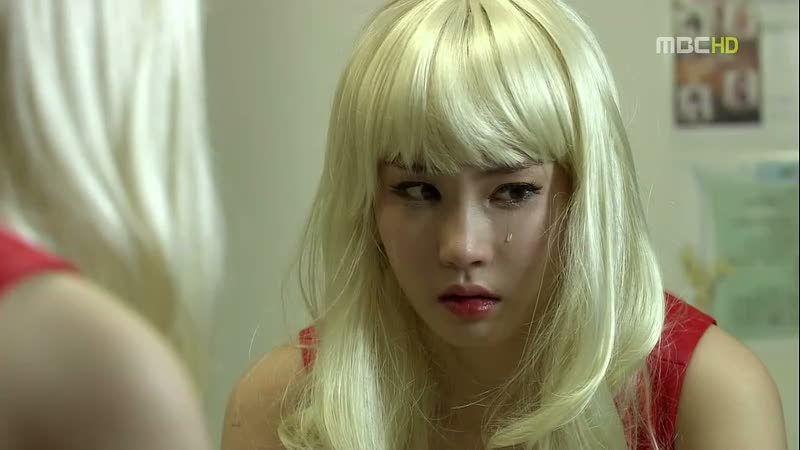
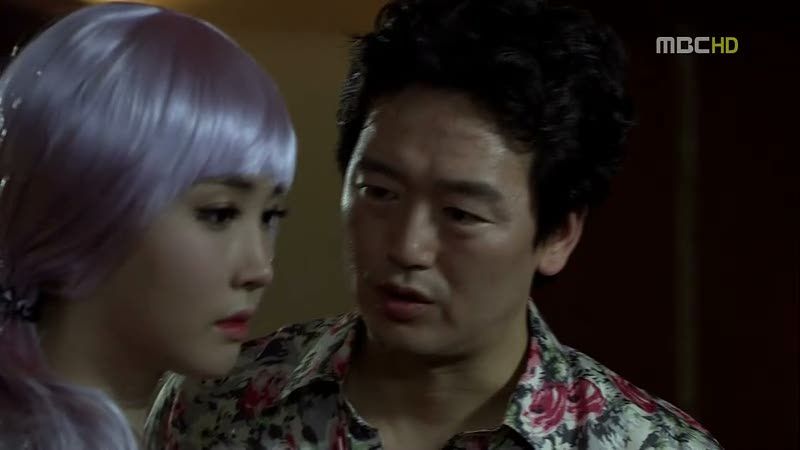
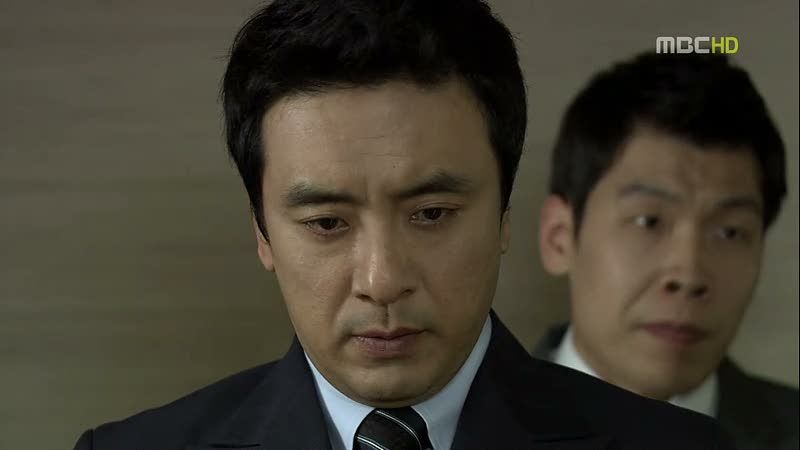
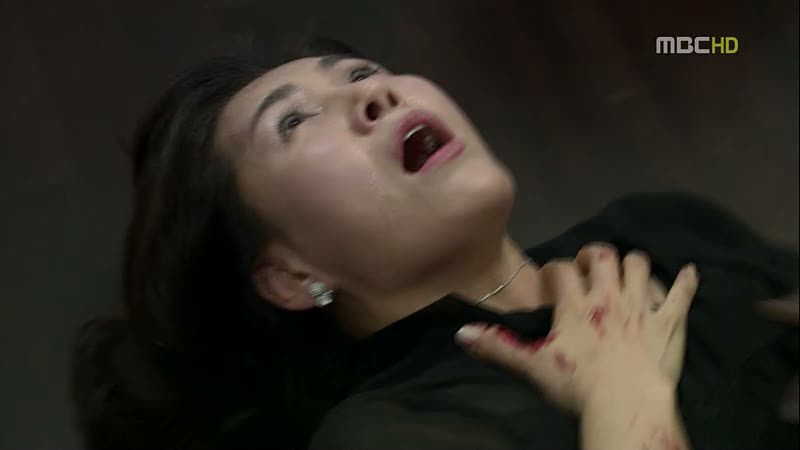
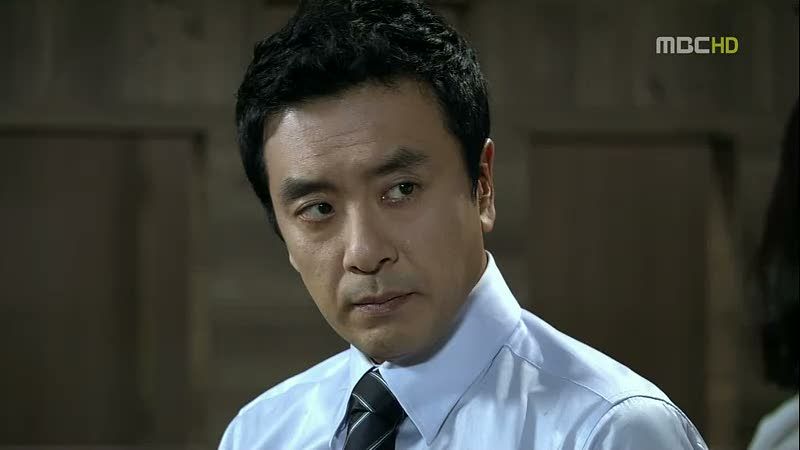
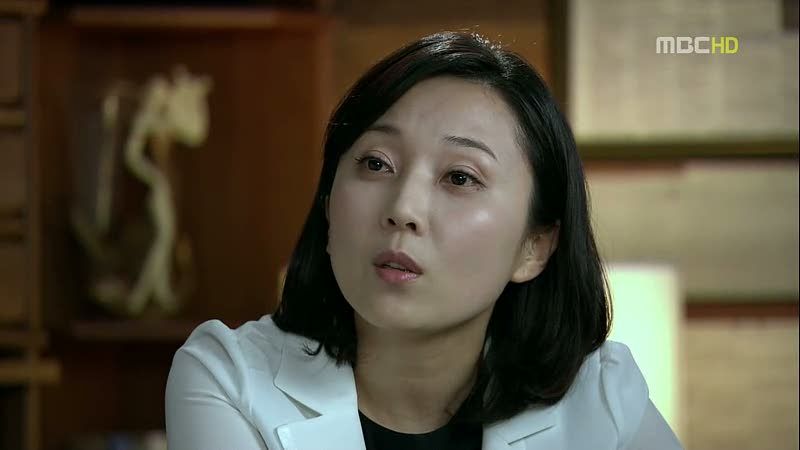
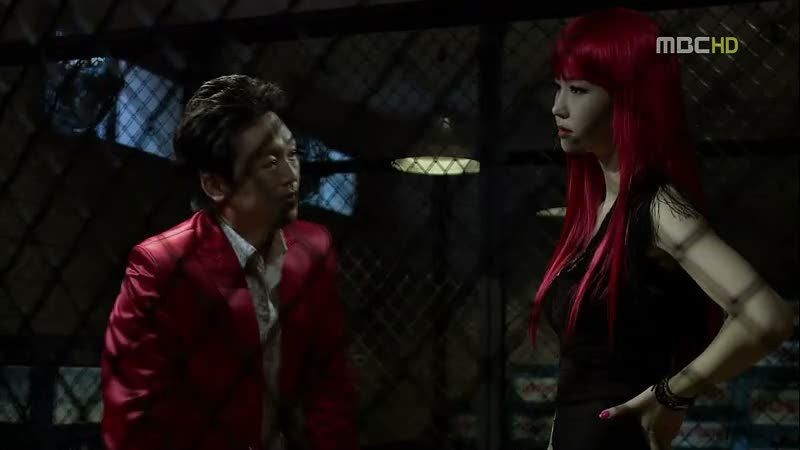
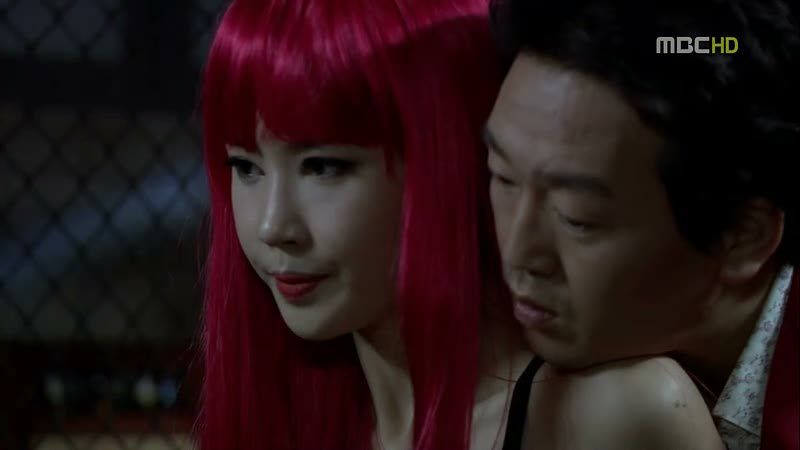
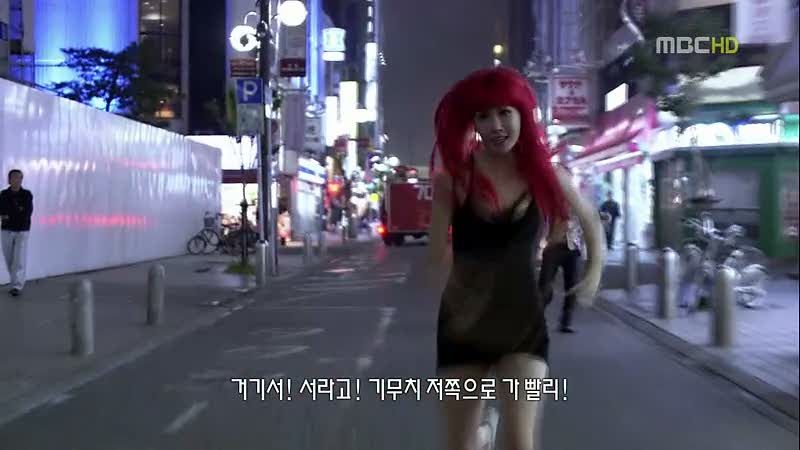
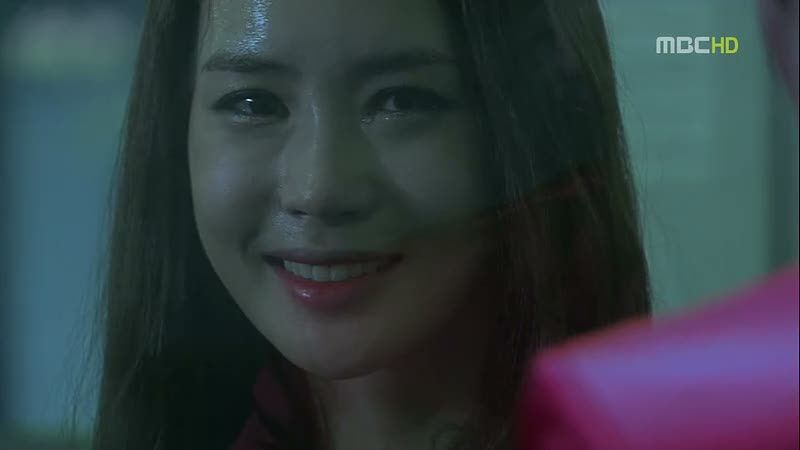
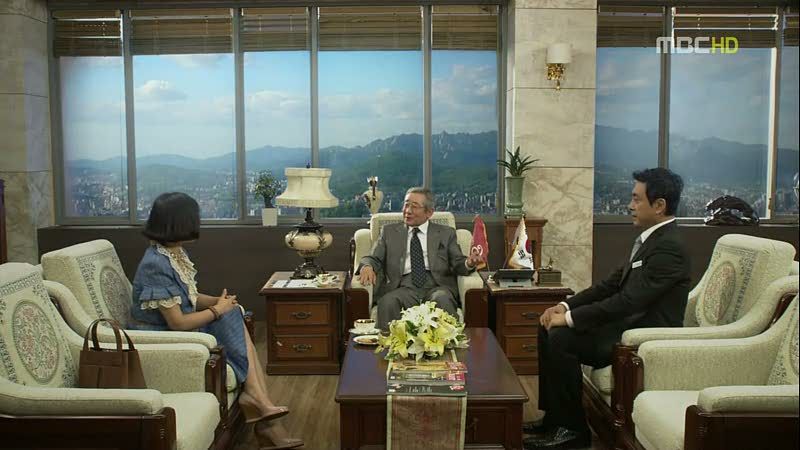
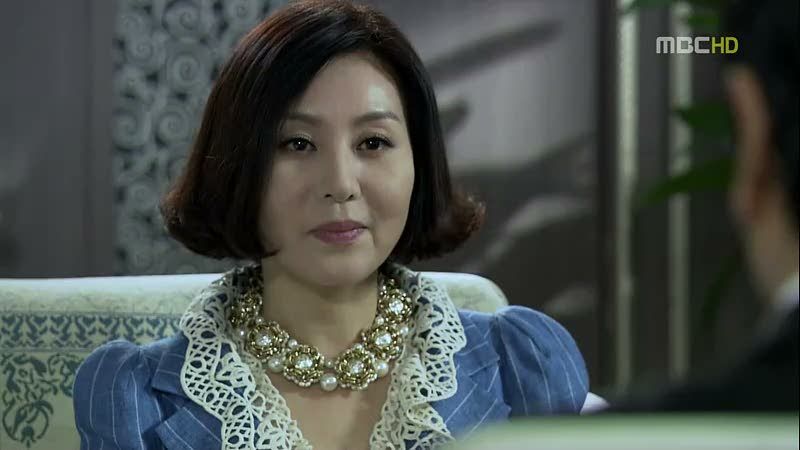
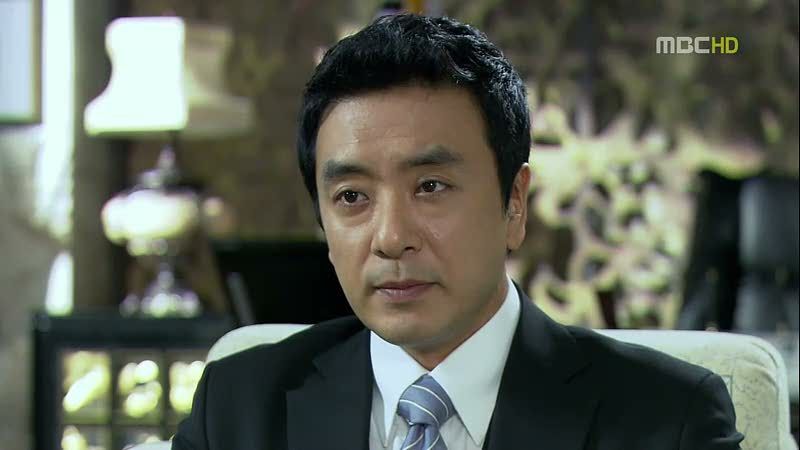
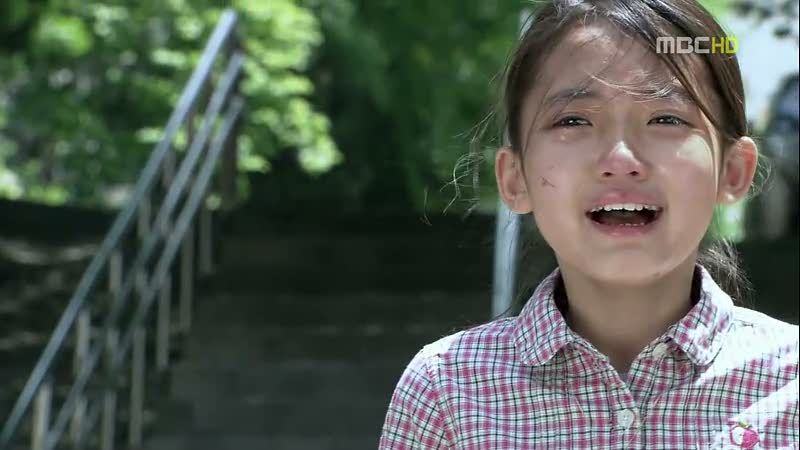
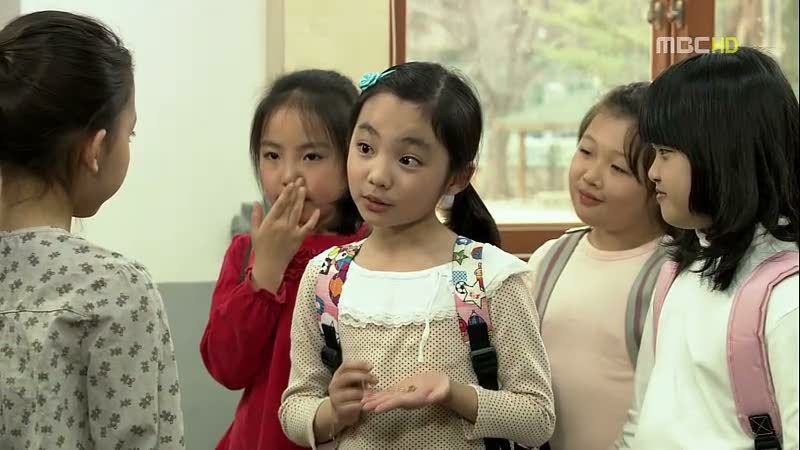
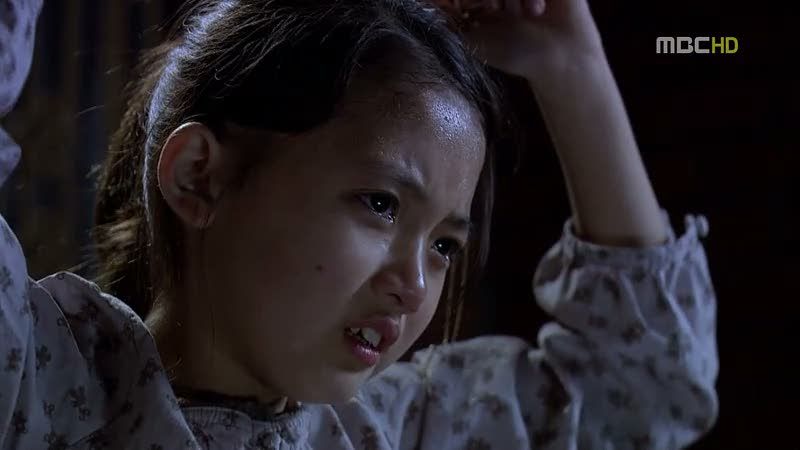
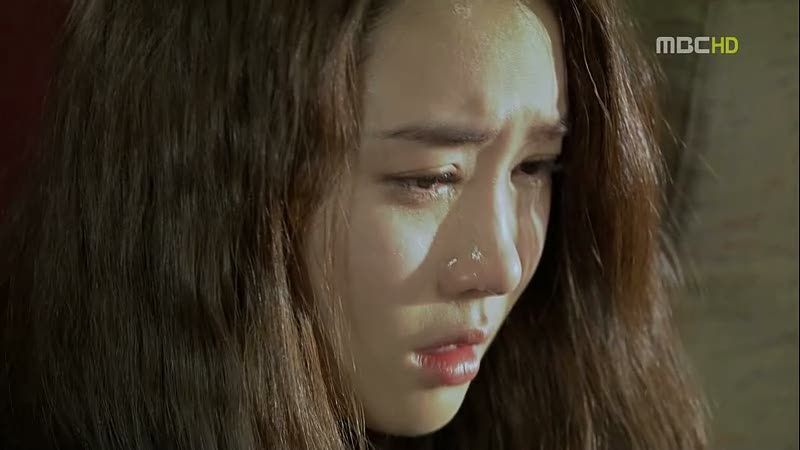
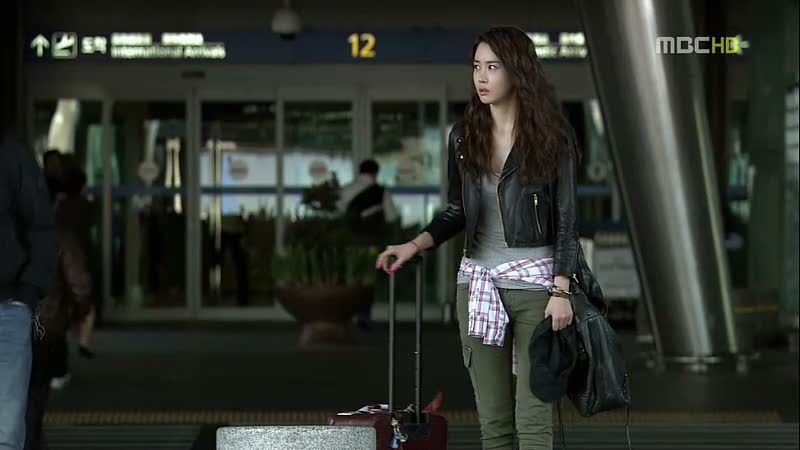
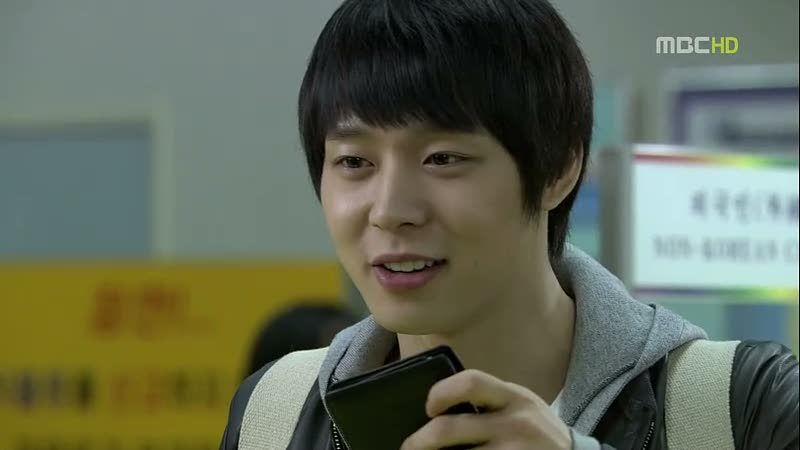
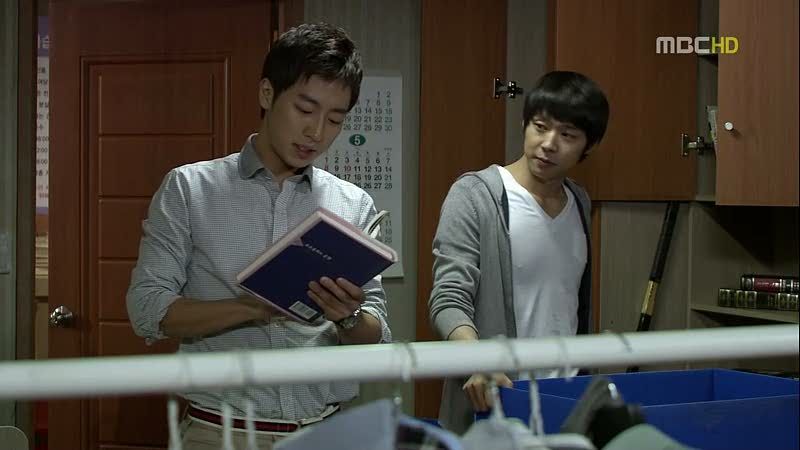
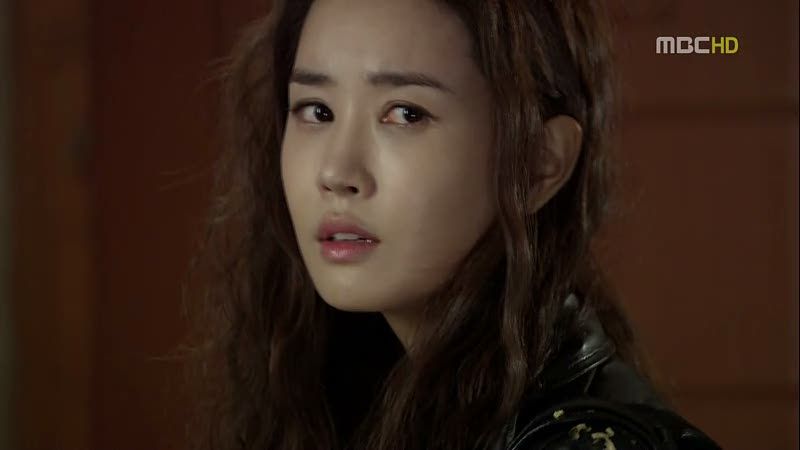
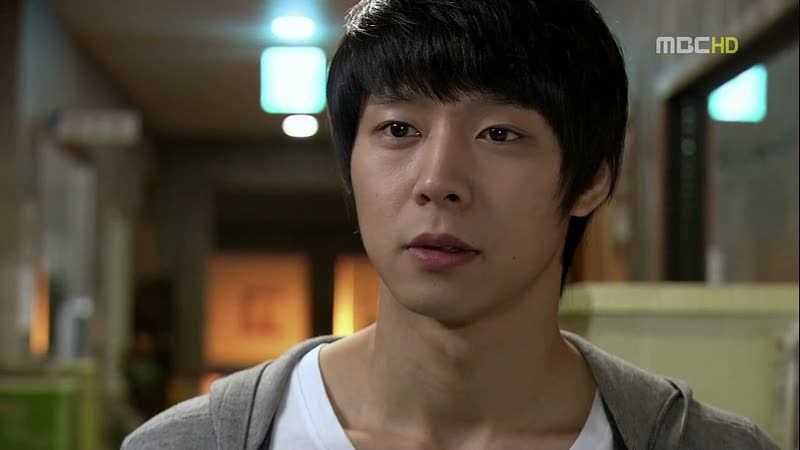
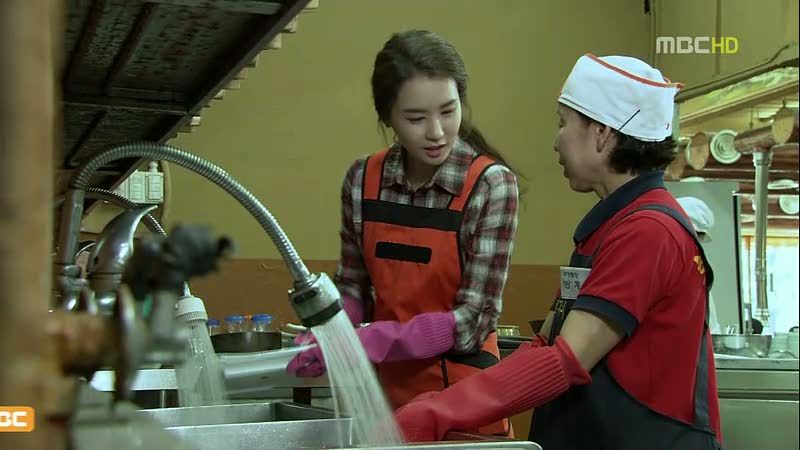
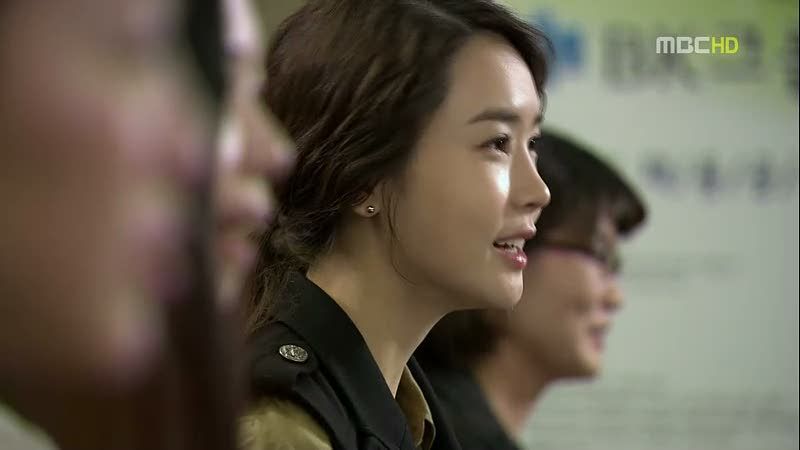
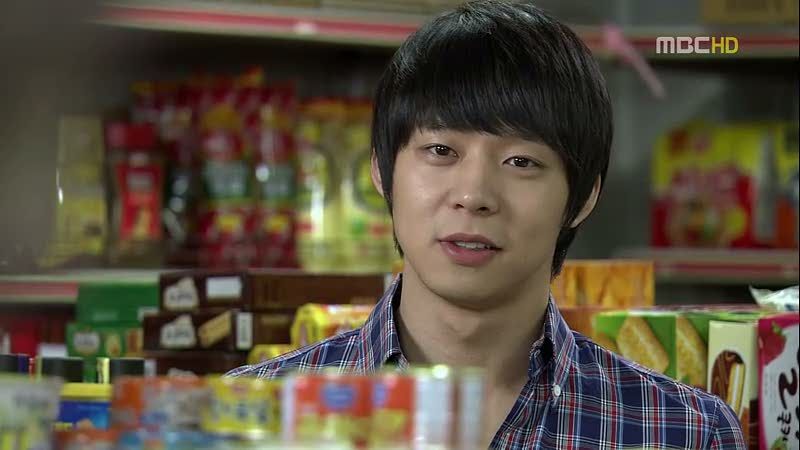
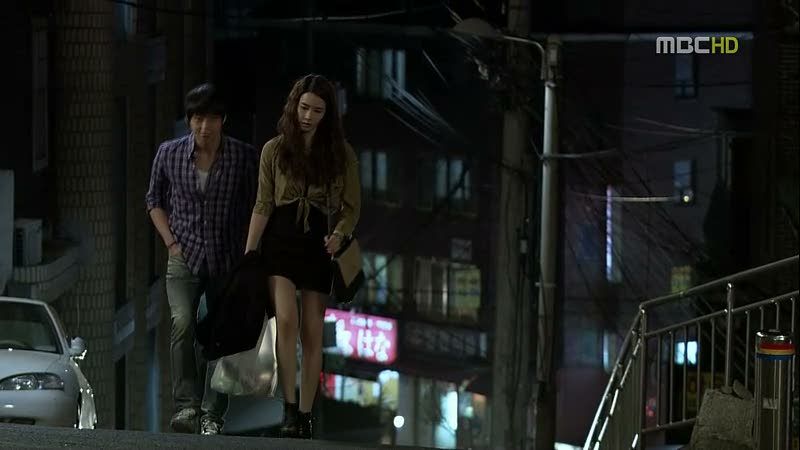
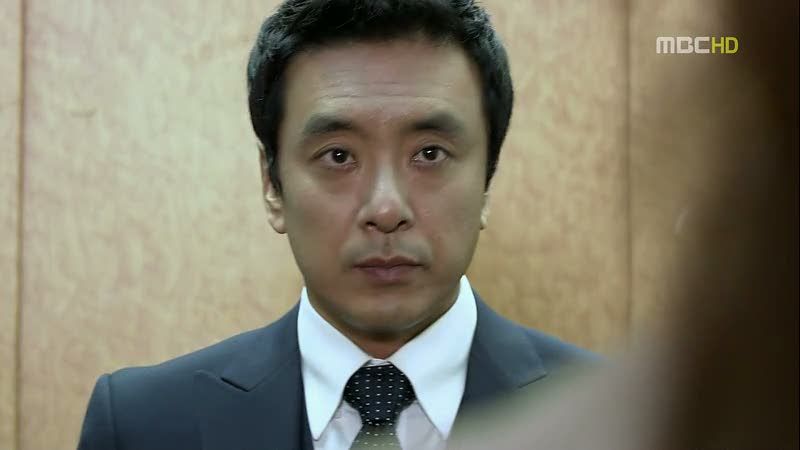
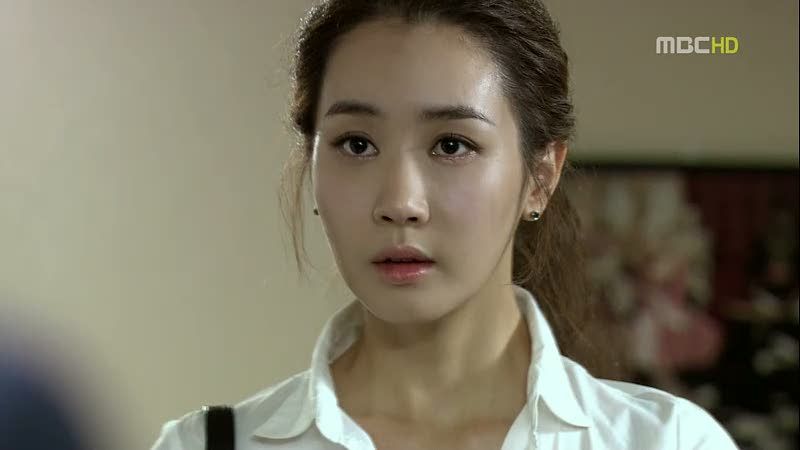
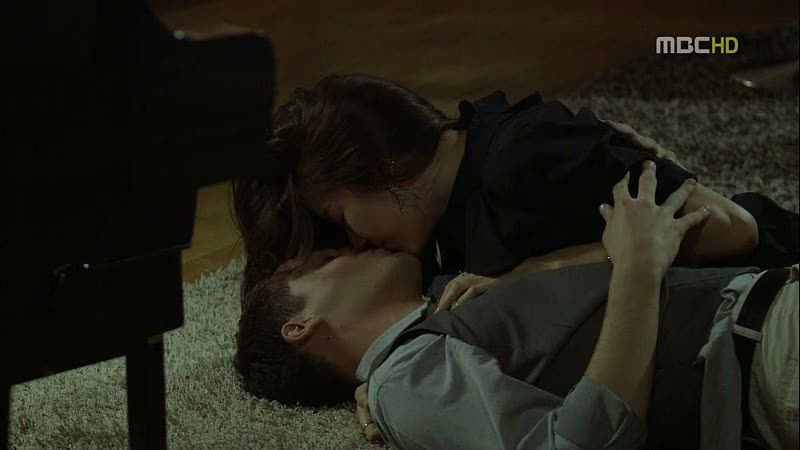
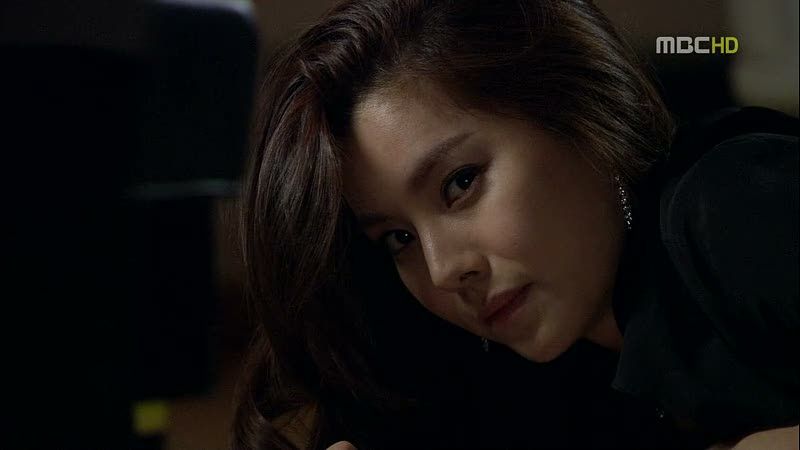
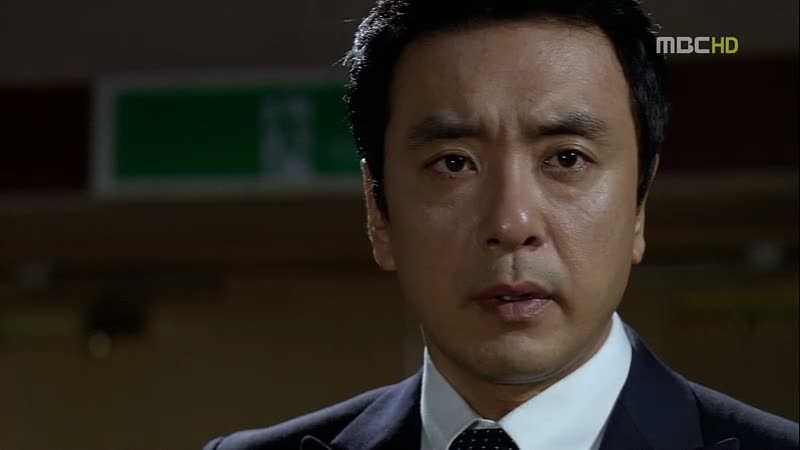
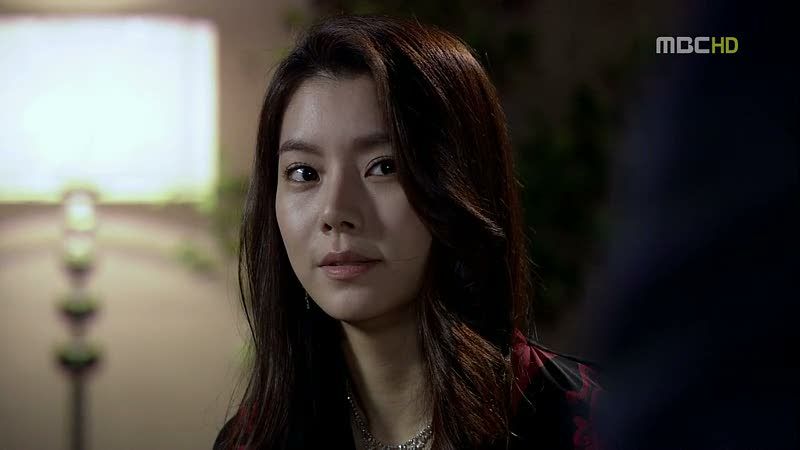
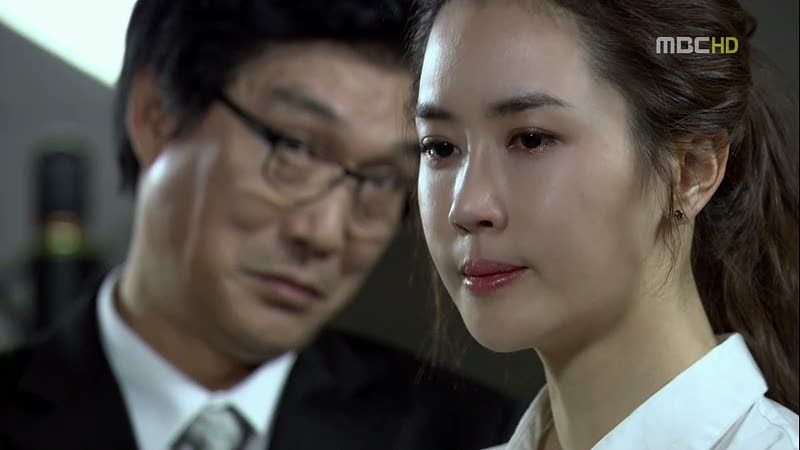
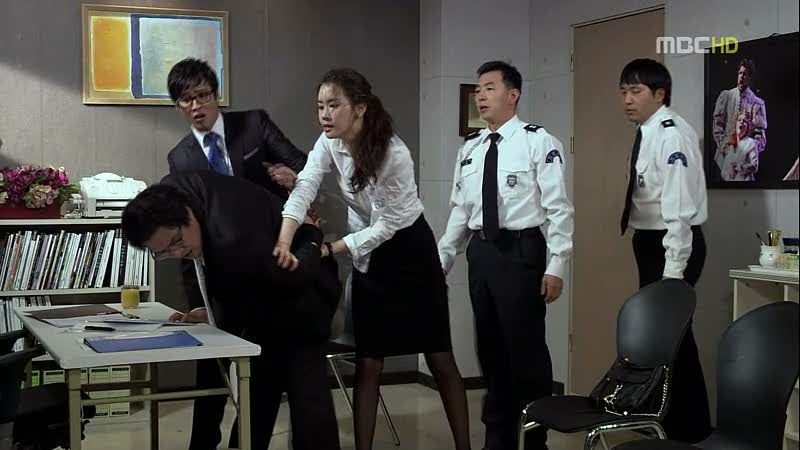
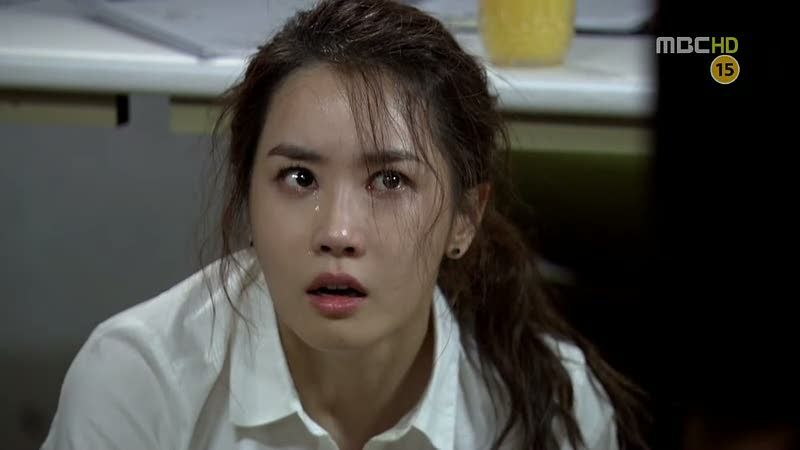
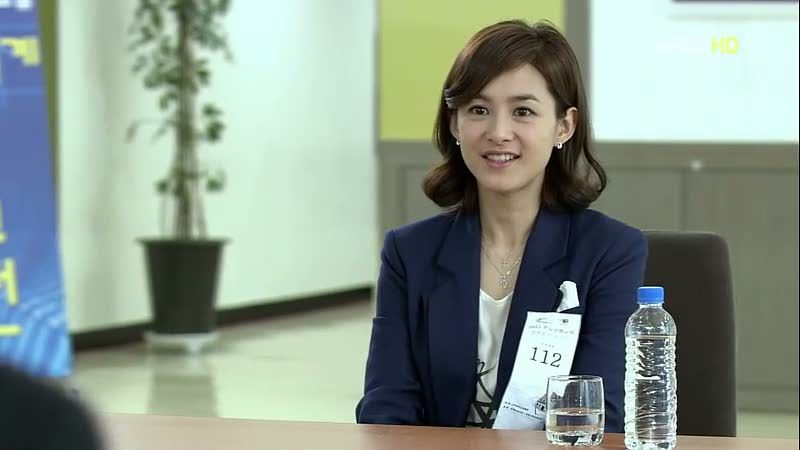
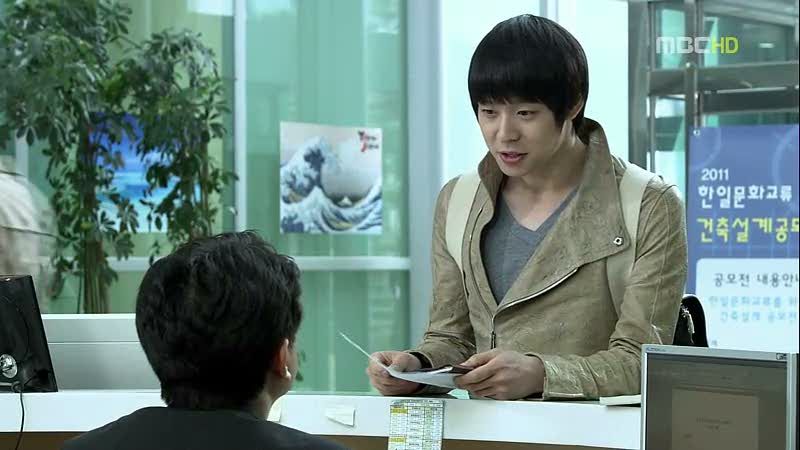
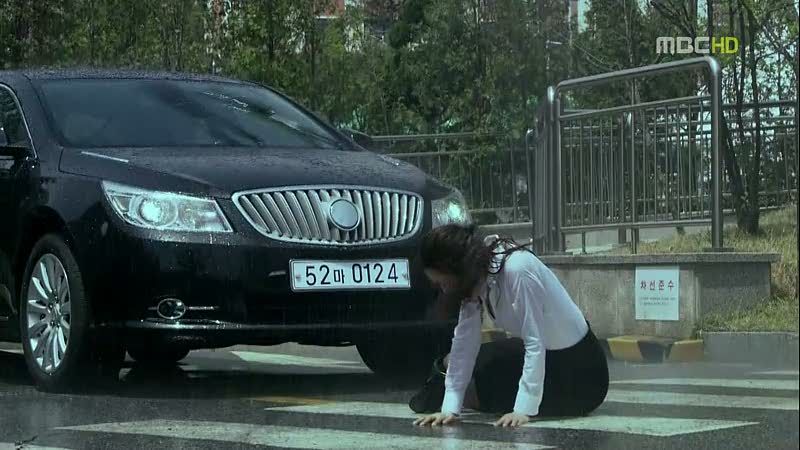
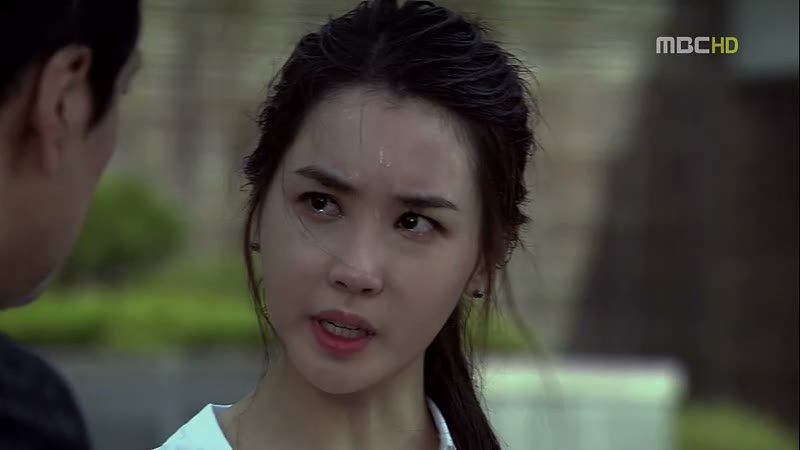
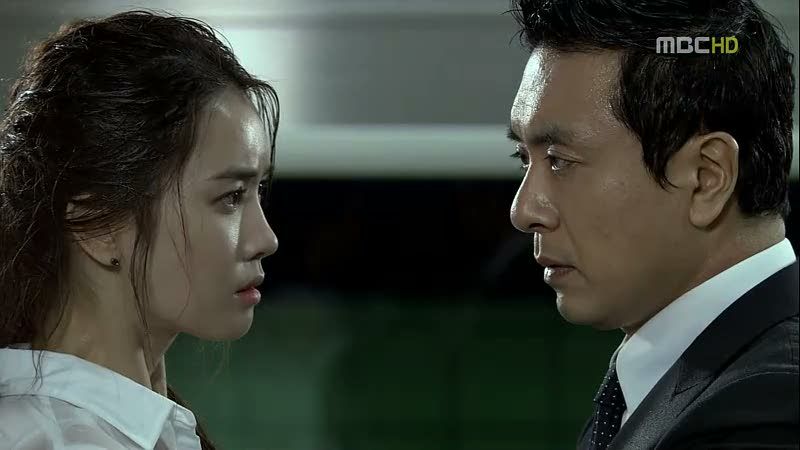
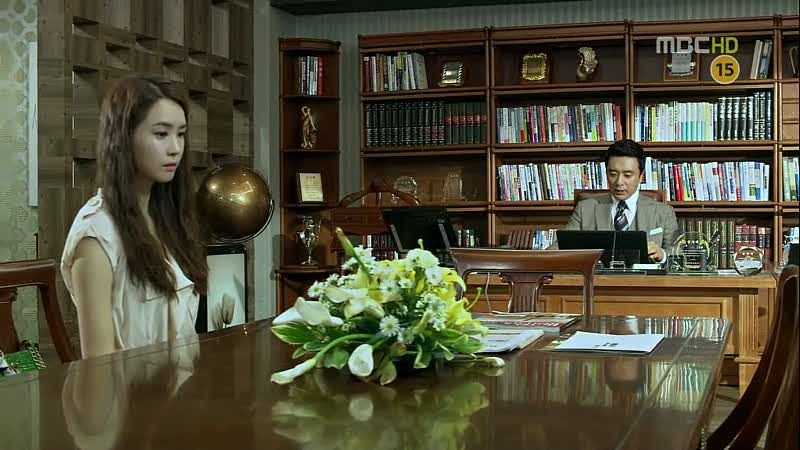
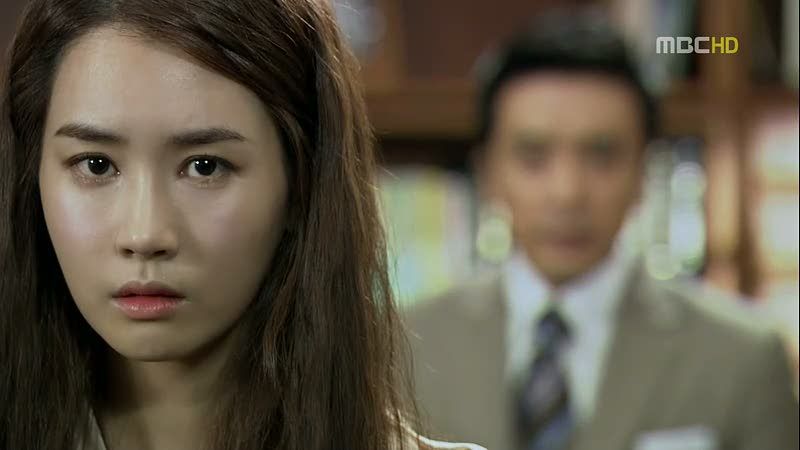











0 komentar:
Posting Komentar